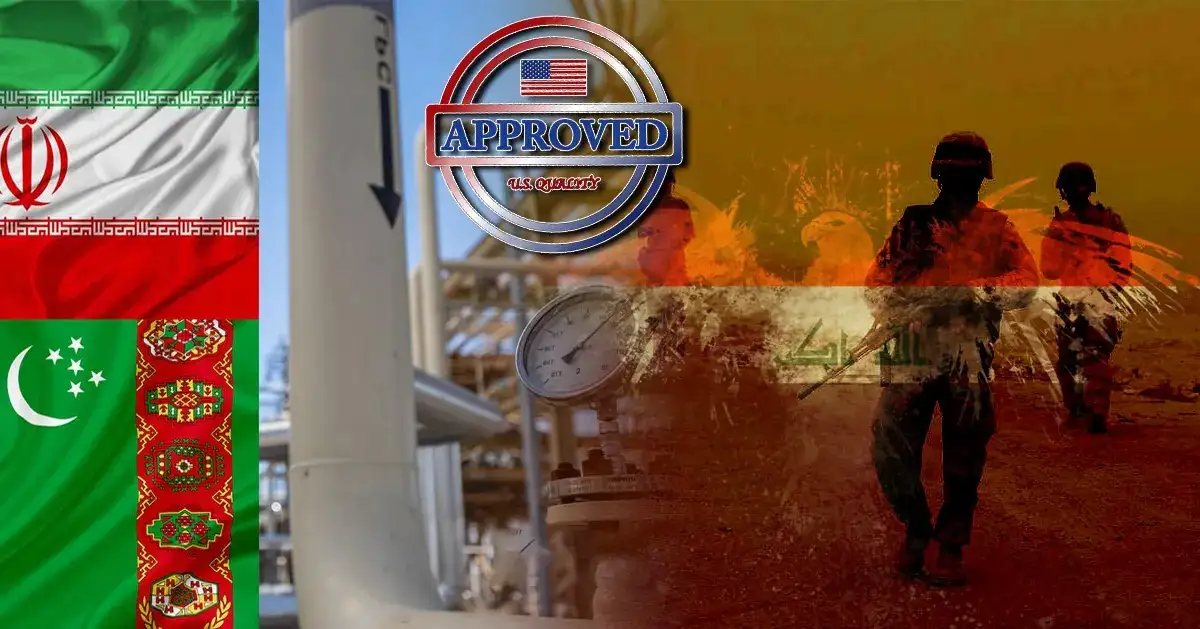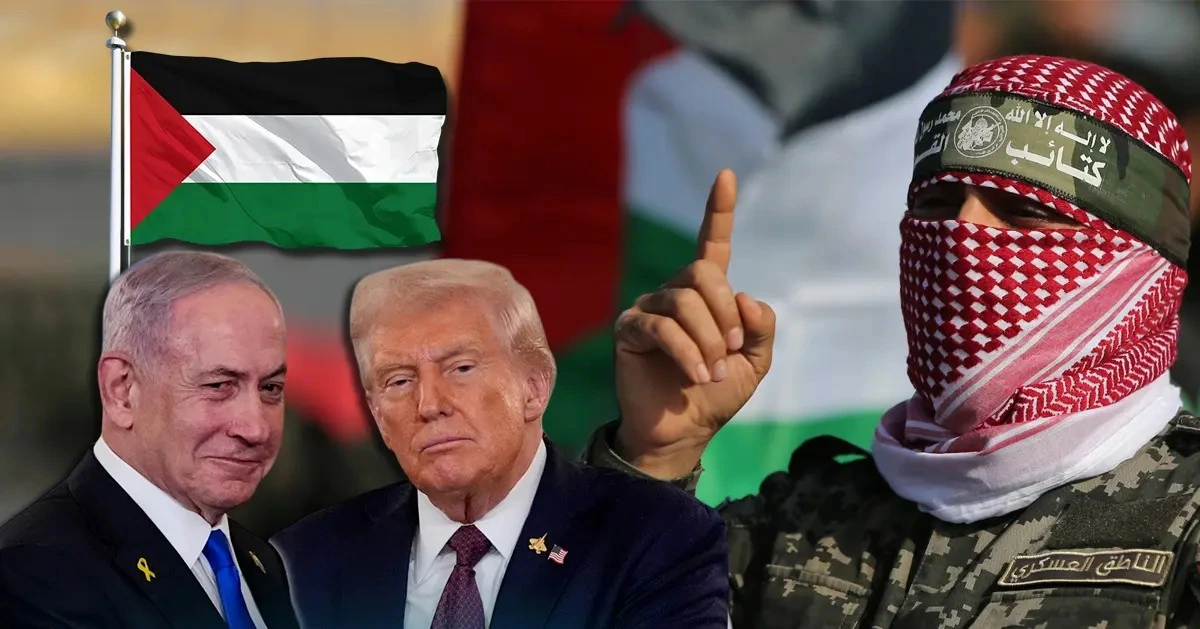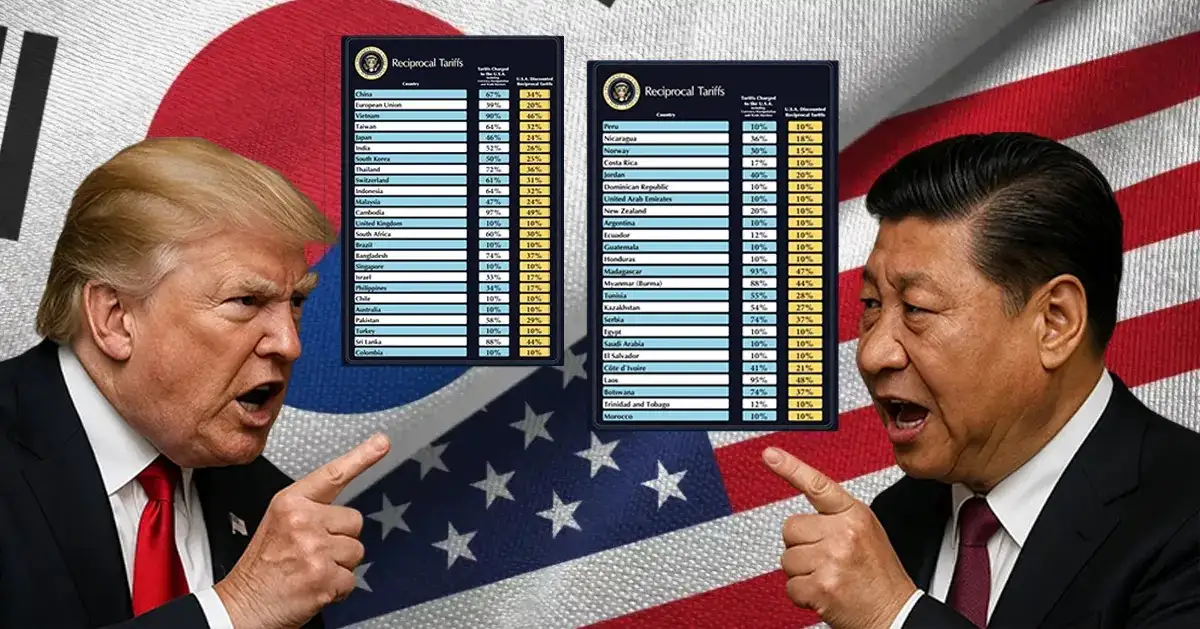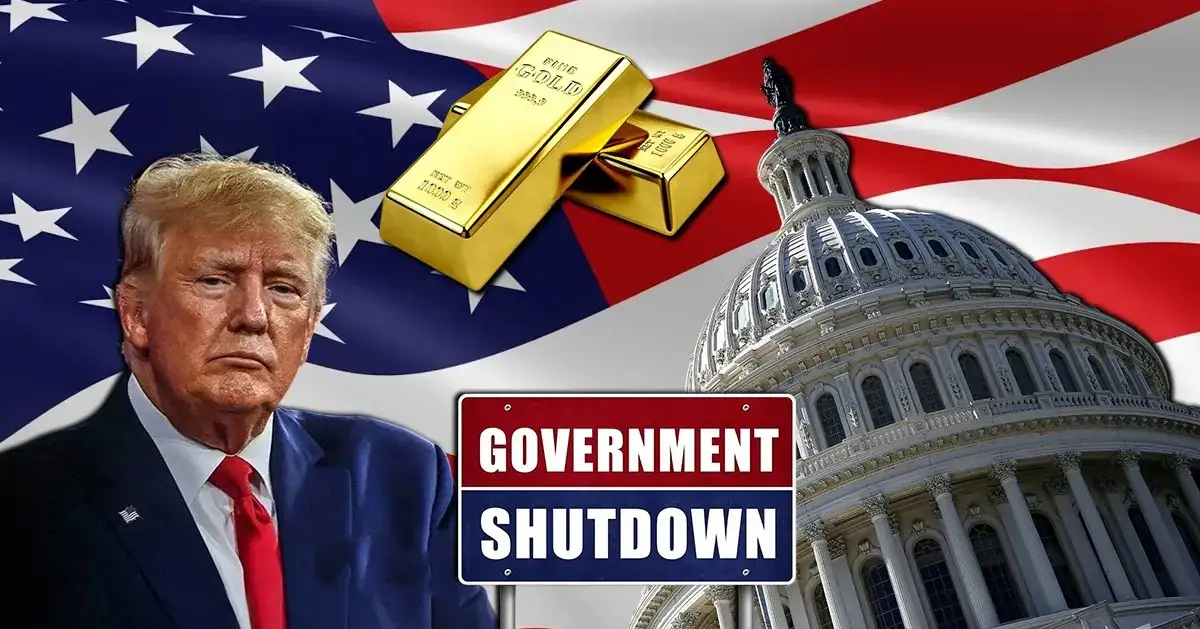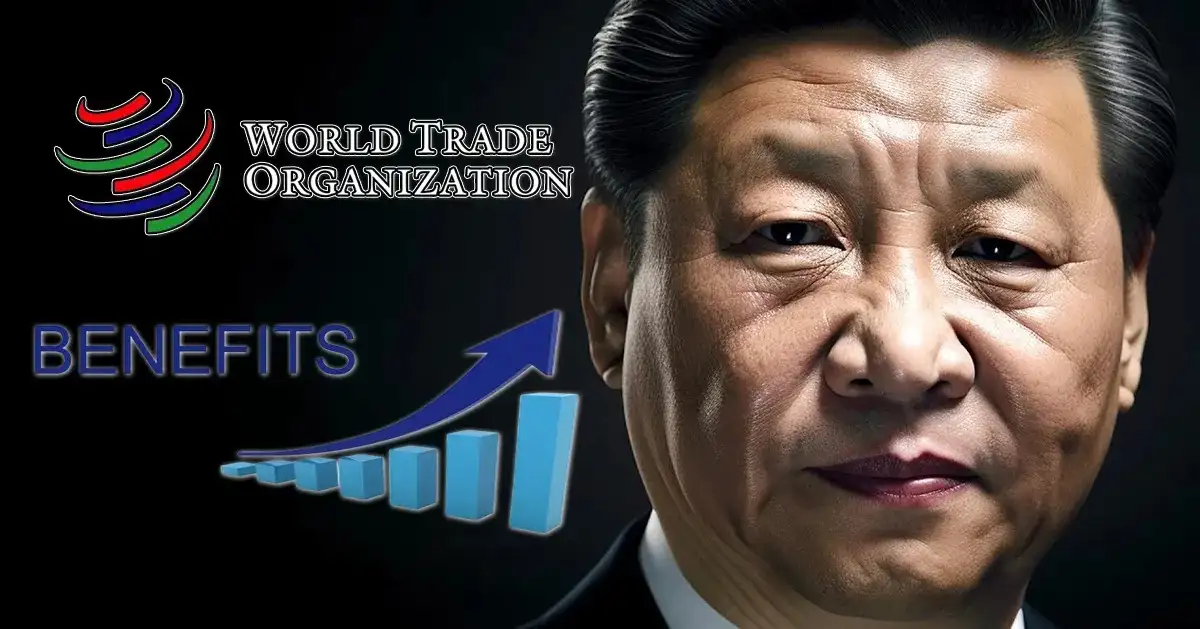Iraq fails to win US approval to import Turkmen gas via Iran
Iraq’s ambitious yet critical plan to import natural gas to the country from Turkmenistan through Iran has collapsed. The United States blocked the plan due to concerns over sanctions. The deal, once seen as a lifeline for Iraq’s struggling power grid, was a hope for people. It is now a symbol of how political interests can override essential energy needs. It reveals how political powers manipulate decisions, even for a country facing chronic electricity shortages.
The Deal That Didn’t Happen
Iraq signed an agreement with Turkmenistan in 2023. Both countries collectively agreed that Iraq would receive up to 20 mcm/day in summer and 10 mcm/day in winter.
According to the agreement, Turkmenistan would supply gas to Iran. Iran would retain up to 23% of the gas as a transit fee and then would forward it to Iraq. All would happen using its existing pipeline infrastructure between the countries.
The deal was to be facilitated by a Dubai-based intermediary company named Loxstone Energy. The agreement was regulated under Swiss law, but it required U.S. approval. But in the end, Washington refused.
Why the U.S. Blocked It?
Until March 2025, Iraq had a special permission from the US to pay Iran for gas and electricity. But in March, the US revoked this key sanction waiver, effectively killing the Turkmenistan gas deal.
A source from Iraq’s Parliamentary Oil and Gas Committee told Kurdistan24:
Iran and Turkmenistan share a border to the north. If the gas is imported to Iraq, it must pass through Tehran’s territory, which would benefit that country. That is why the U.S. does not want Iran to benefit from this matter, and the negotiations have stopped.”
Initially, U.S. officials showed some flexibility. But once the transit details became clear, especially Iran’s role as a middleman, their position hardened.
The Treasury Department refused to approve the payment mechanism. They cited concerns that it would violate sanctions and indirectly support Tehran. According to them, there is no direct or indirect benefit to Tehran, even if the transaction involves third-party monitoring.
Iraq’s Power Crisis Deepens
The fallout has been severe. Iraq’s Ministry of Electricity spokesman Ahmad Musa told the Iraqi News Agency (INA):
“US sanctions on Iran have restricted Iraq’s access to Iranian electricity supplies as well as to gas supplies from Turkmenistan that were supposed to reach the Arab country via the Iranian pipelines.”
He added:
“We lost nearly 5 gigawatts (GW) of electricity generation capacity this summer… and 4 GW due to the inability to pay Iran transit fees.”
Iraq’s total generation capacity was expected to reach 27 GW this summer. Instead, it fell short, triggering blackouts during peak demand.
What Analysts Say?
Energy experts say the deal was doomed from the start.
They claim that there were no technical flaws in the deal; instead, it was mainly due to political realities. In short, the deal was doomed just because of the U.S. intent and political interests.
Walid Khaddouri, a veteran Iraqi energy analyst, told AGBI:
“Given Iran’s history of problems, including risks, international sanctions, and pressures on Iraq, I believe this gas route to Iraq is not practical.”
He urged Iraq to develop its own gas reserves, which remain largely untapped due to years of underinvestment and conflict.
Nabil Al-Marosoumi, economics professor at Basra University, added:
“Getting gas from Turkmenistan requires finalising a contract with an intermediary company to ensure such supplies are delivered and not interrupted. I don’t think it is easy to find that company since Iran is under sanctions.”
He estimated that payment arrangements alone would take at least eight months to finalize.
Iraq’s Energy Alternatives: Limited, Costly, and Slow
Despite the collapse of the Turkmenistan gas deal, Iraq’s dependence on Iranian energy remains dangerously high. According to government data, Iran currently supplies:
- 43% of Iraq’s electricity generation is through gas
- 10% of Iraq’s direct electricity imports
- Up to 50 million cubic meters of gas and 1 GW of electricity daily
This reliance has proven unstable. Payment disputes and pipeline disruptions have repeatedly triggered blackouts.
In response, Prime Minister Mohammed Al-Sudani announced plans to end Iranian gas imports by 2028, citing “persistent disruptions” and the need for energy independence.
Caught Between Two Powers
This failed deal is about how Iraq is caught between the United States, which enforces sanctions, and Iran, which supplies energy. The Turkmenistan deal was an attempt to thread that needle. It didn’t work. For now, Iraq’s energy future remains uncertain. And its people, already enduring heatwaves and blackouts, are paying the price.

